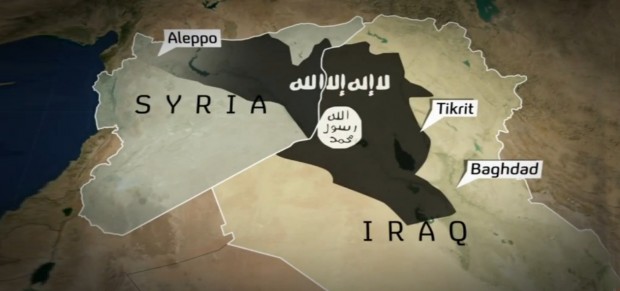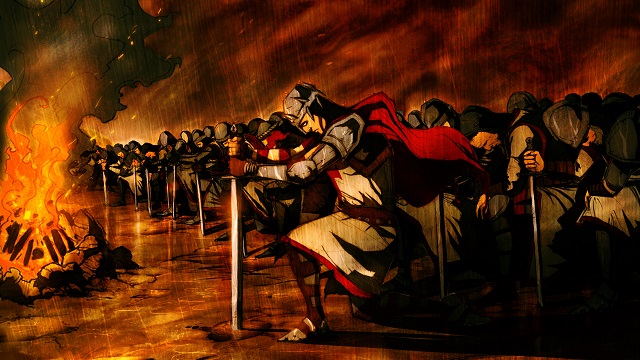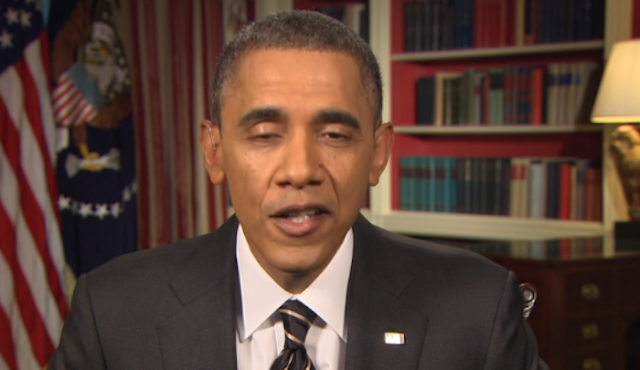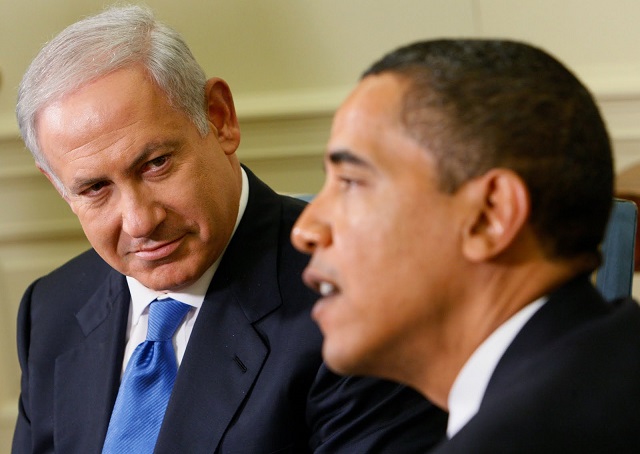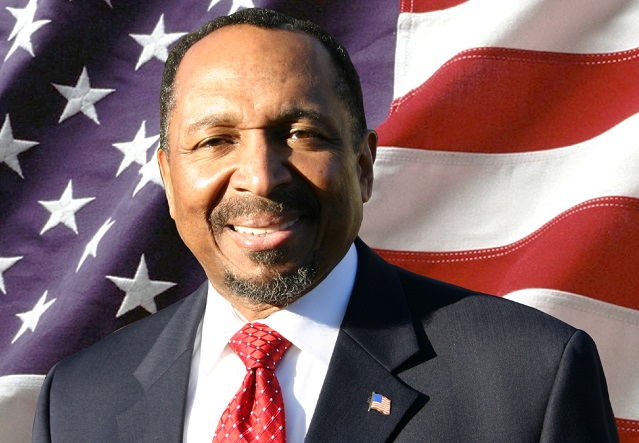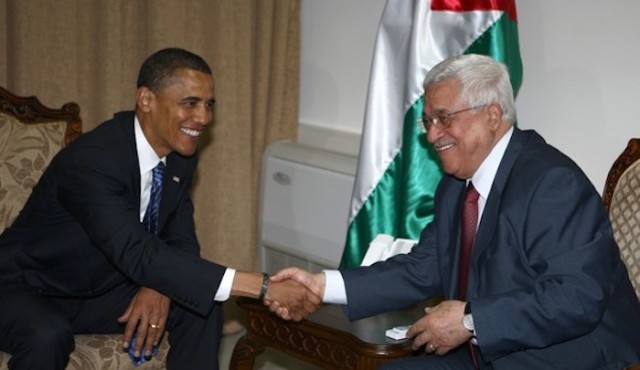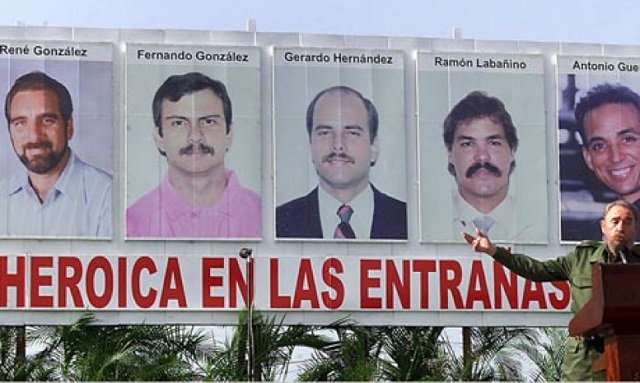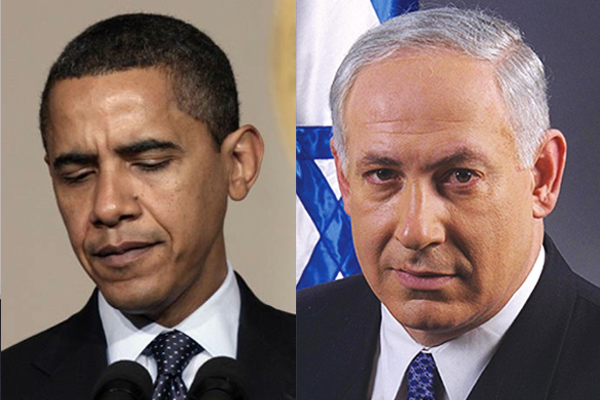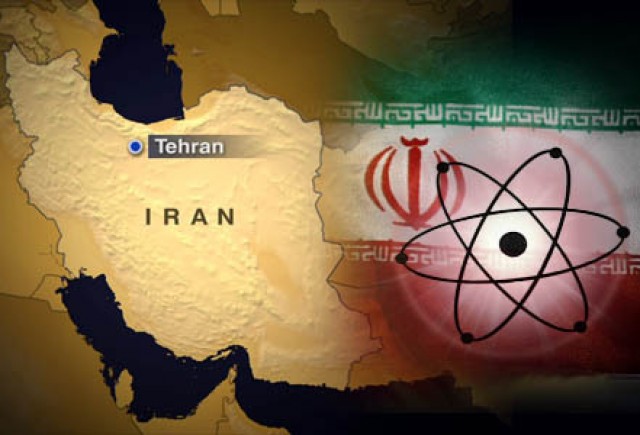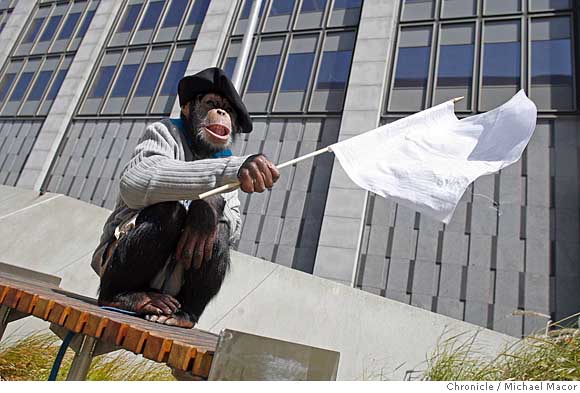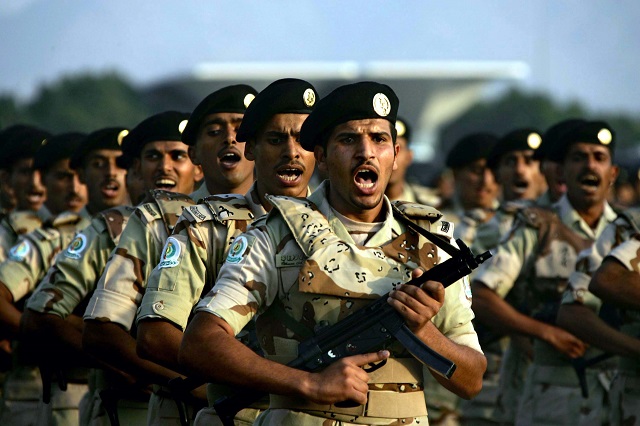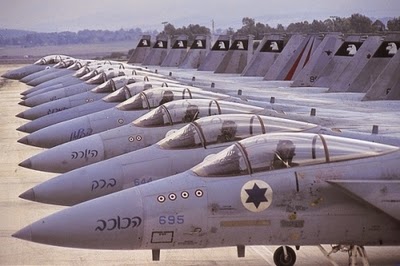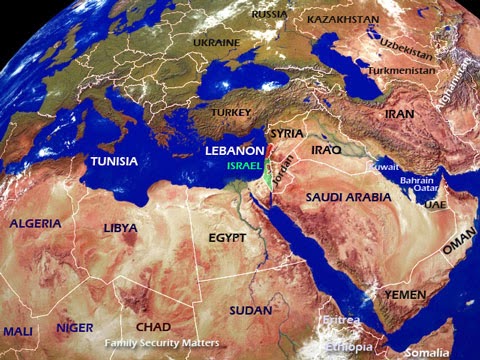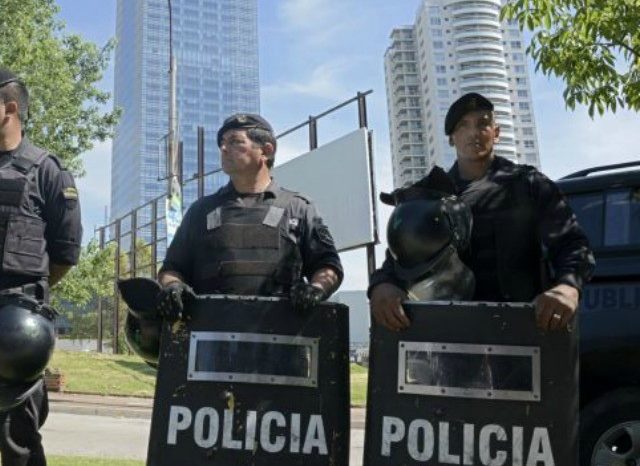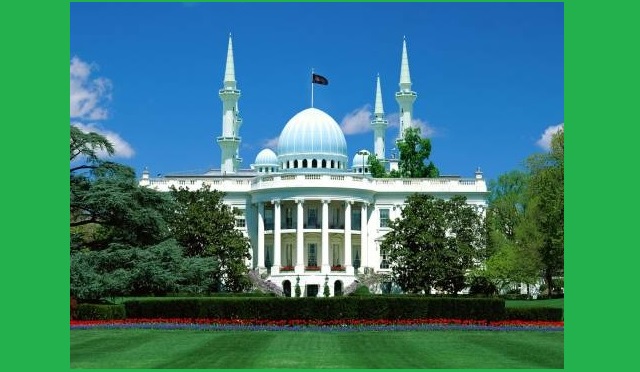The Impact of Crude’s Collapse on the Islamic State
As oil prices continue to fall, flirting with the US$40/bbl floor, there has been much talk of cheap oil’s winners and losers. The discussion has focused on big producer and consumer countries, but there may be another contender in the loser category – namely, the Islamic State (IS). In its gambit to become a state, it unwittingly became a hydrocarbon state, and as such has exposed itself to the same economic volatility that plagues other rentier states. However, unlike most hydrocarbon states, the IS has not had the benefit of having been around long enough to build a stabilization fund – the cash reserves that can smooth out the highs and lows of commodities markets – and in this sense it is likely to be even more of a loser than conventional oil reliant countries. (the IS’s own claims to have a budget surplus of US$250 million are not credible.) What this means is that with less revenue the nature and focus of the the IS’s military operations will change and that the IS will have to turn to other financing methods such as extortion and organized crime to address the revenue shortfall.
With the IS’s conquest of oil producing regions in Syria and Iraq during the summer of 2014, it quickly began to derive the lion’s share of its revenue from oil sales, orders of magnitude above its historic sources of revenue such as overseas donations and criminal activities. Because the IS did not have legal title to the oil, it was forced to sell it on the black market at a steep discount from global commodities prices. While crude (Brent) was trading in the neighborhood of US$100/bbl, the IS was selling its own crude for an estimated US$39/bbl. The IS’s average estimated combined production for Iraqi and Syrian fields was 160kbpd, which meant that on the upper end, the IS could have been earning as much US$6 million/day. According to a recent article in the Financial Times citing the local population around IS-controlled oil fields in Syria, anti-IS coalition efforts to disrupt IS hydrocarbons production have had little impact.
Although there is no available information about how exactly the IS allocated its oil revenue, it undoubtedly went a long way toward paying for the provision of social services, for public sector salaries, and most importantly for foreign fighters and military operations.
Since June, however, the price of crude (Brent) has fallen by 50%. Although black market crude prices do not directly track with prices on regulated commodities exchanges, it is safe to assume that black market crude prices collapsed in line with official prices. In other words, 2015 IS oil revenue is likely 50% of what it was in June 2014.
The consequences of missing oil revenue for IS are severe. IS is unlikely to decrease funding for its military operations so it will have to find ways to simultaneously cut costs elsewhere and raise new revenue – and both methods are likely to jeopardize popular support for the group.
In the immediate term, infrastructure projects and social services will have to be curtailed, thereby undermining IS’s efforts to portray itself as an Islamist utopia and likely exacerbating local populist animosity toward the group.
But the IS’s options for raising new revenue are limited. Because it claims to adhere to Sharia dictates regarding fixed tax rates (zakat for Muslims and jizya for Christians and Jews), it does not have recourse to tax hikes to offset falling oil sales. Instead, it could raise import duties, but these are already high and doing so would likely further erode already waning popular support. The IS could also resort to its predecessor’s preferred funding methods – relying on donations from foreign supporters and sympathizers. But there is little likelihood that donations would match oil sales’ value and the IS would face an inevitable financial crunch. It could also intensify its criminal activities like extortion and kidnap for ransom. Again, revenue from these activities would fall far short of oil receipts. Lastly, it could try to capture more oil. It could decide to cede non-oil producing territory and refocus its military efforts on seizing other oil-rich regions in Iraq. Falling oil revenue may also impact the nature of the IS’s military activities. Prior to having access to oil receipts the IS behave more like an insurgency, relying heavily on terrorist tactics, than conventional military strategy. In the face of falling oil prices, it could revert to this style of fighting.
The IS’s most likely way forward is to try some sort of combination – reduced services, increased import duties, overseas donations, heightened criminal activities, a strategic shift to capturing more oil fields and a return to overt terrorist tactics.
Meanwhile, the anti-IS coalition’s campaign to degrade its oil production capacity will continue so that even in the off chance that oil prices make a near term rebound, the IS will not have much oil to sell. The tough lesson for the IS is that when trying to form a new state, an oil state is not the best option.
EDITORS NOTE: The views presented are those of the authors and do not necessarily represent the views of the Department of Defense, the U.S. Army, or any of its subordinate commands.

